China, Russia hail positive cooperation, seek 'new achievements'
Chinese Prime Minister Li Keqiang and Russian President Vladimir Putin have applauded an expansion of mutual ties after meeting on the sidelines the Association of South East Asian Nations (ASEAN) summit in Singapore.
"Thanks to the efforts of our governments, trade and economic ties are developing at a noticeable and impressing rate, creating a good basis for our special strategic partnership," said Putin on Thursday.
The Russian president urged regular top-level communication between the countries to be further maintained to advance cooperation in fields of energy, aviation, space, science and technology as well as digital economy.
The Chinese premier, on his part, conveyed President Xi Jinping's greetings to Putin, highlighting the positive outcomes of the two presidents' meetings earlier this year.
Li noted that the China-Russia strategic partnership has been functioning positively at high administration levels and called for added investment opportunities and a reduction of trade restrictions.
Putin and Jinping are expected to meet at the G20 summit in Argentina in late November as the two countries expand ties in the face of heightening aggressive behavior on the part of the United States.
The US has increased troop presence in Eastern Europe and the Asia-Pacific in a bid to "contain" what it describes as a growing threat from the two countries.
Subsequently, heavy American naval buildup in the South China Sea has occasionally led to potentially dangerous standoffs with Chinese forces. Observers believe the US seeks to further exert control over the area's oil and gas-rich waterways.
Speaking at the ASEAN summit on Thursday, US Vice President Mike Pence Pentagon indirectly denounced Chinese presence in the Indo-Pacific, saying that "empire and aggression have no place" in the region.
The US along with NATO have also increased military garrisons and drills around Russia in the past four years, deploying missile systems along the Russian border.
Moreover, Pentagon officials recently announced the withdrawal of thousands of troops from their Africa-based "counter-terrorism operations" in order to relocate more resources to "countering Russia and China".
Russia and China have, however, denied the American maneuvers as destabilizing provocations.
VIDEO | Press TV's news headlines
VIDEO | US-Israeli genocide: Will Gazans see ceasefire deal achieved?
VIDEO | Grief strikes Parachinar: 44 lives lost in terror attack
VIDEO | Yemen’s armed forces target Israeli airbase amid nationwide pro-Palestinian rallies
Putin vows more test of new hypersonic missile
VIDEO | Jordanians continue rallies to denounce Israeli genocide in Gaza, Lebanon
6 Israeli soldiers commit suicide: Reports
Diplomat discourages recourse to pressure, intimidation, confrontation against Iran


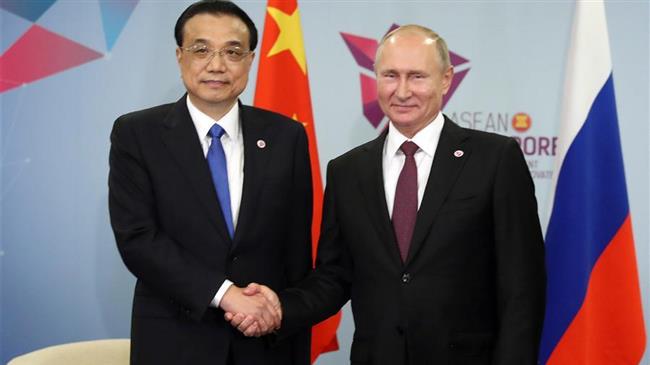

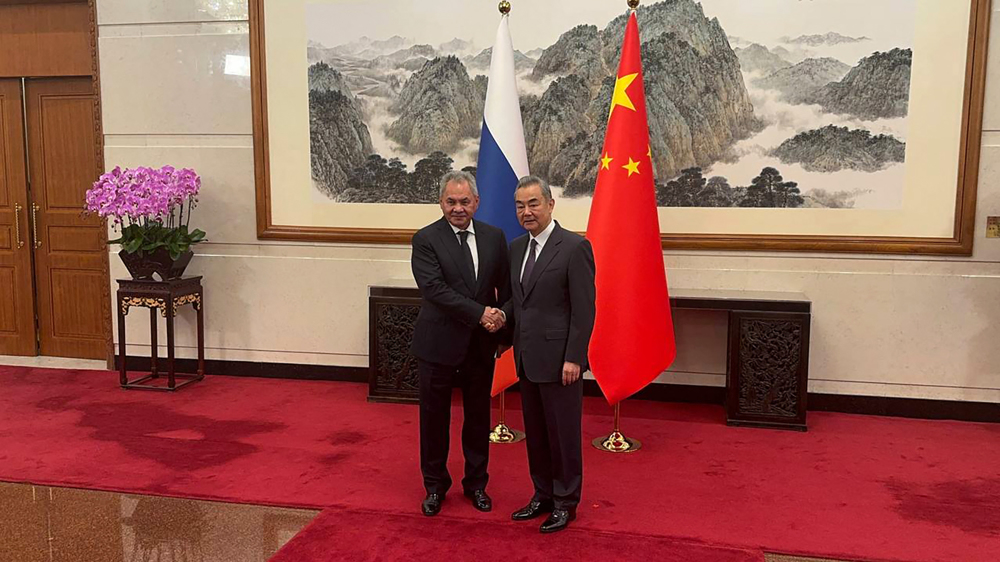
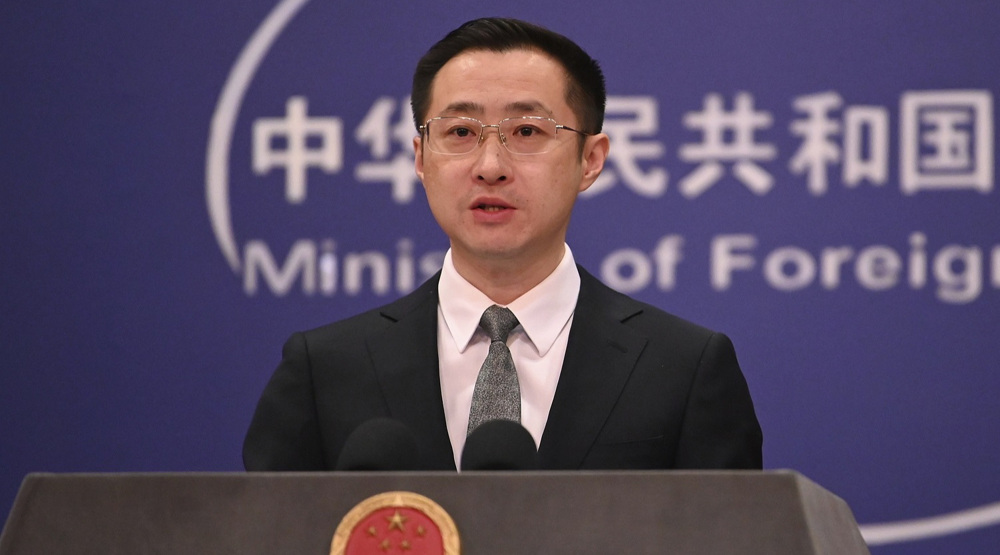
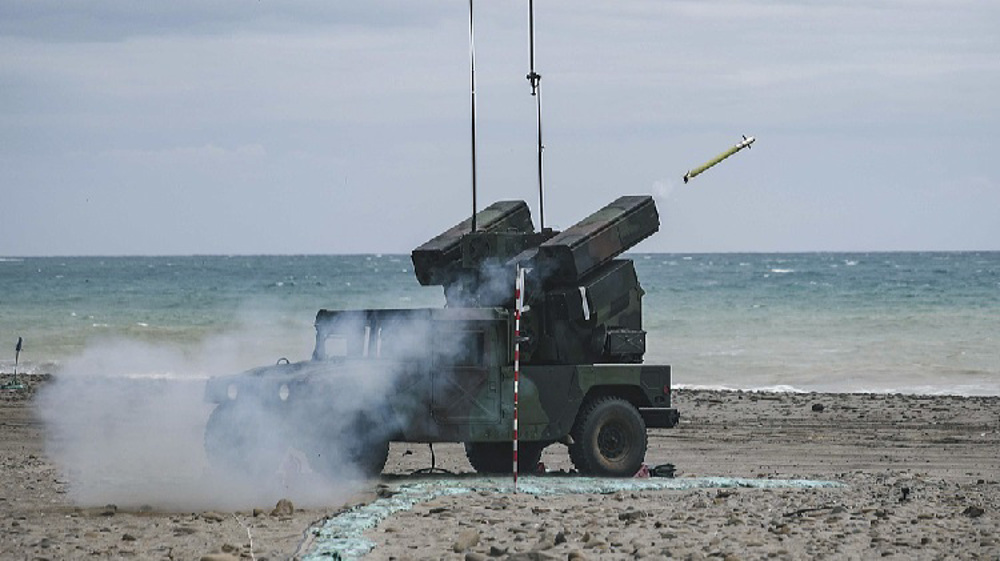



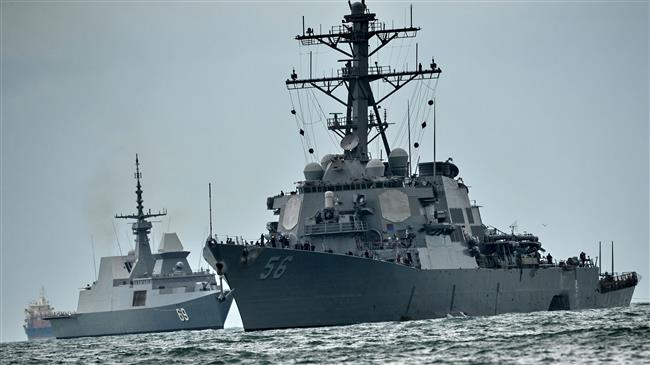
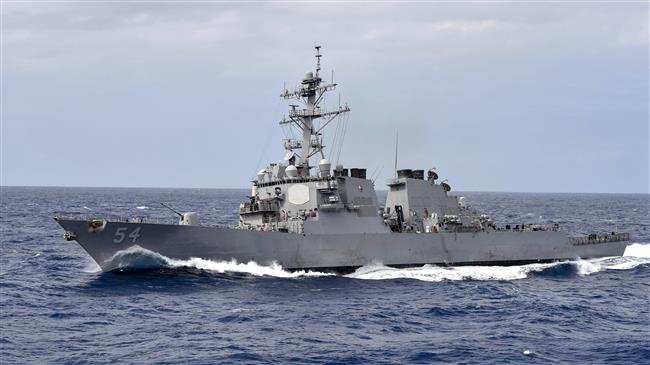




 This makes it easy to access the Press TV website
This makes it easy to access the Press TV website